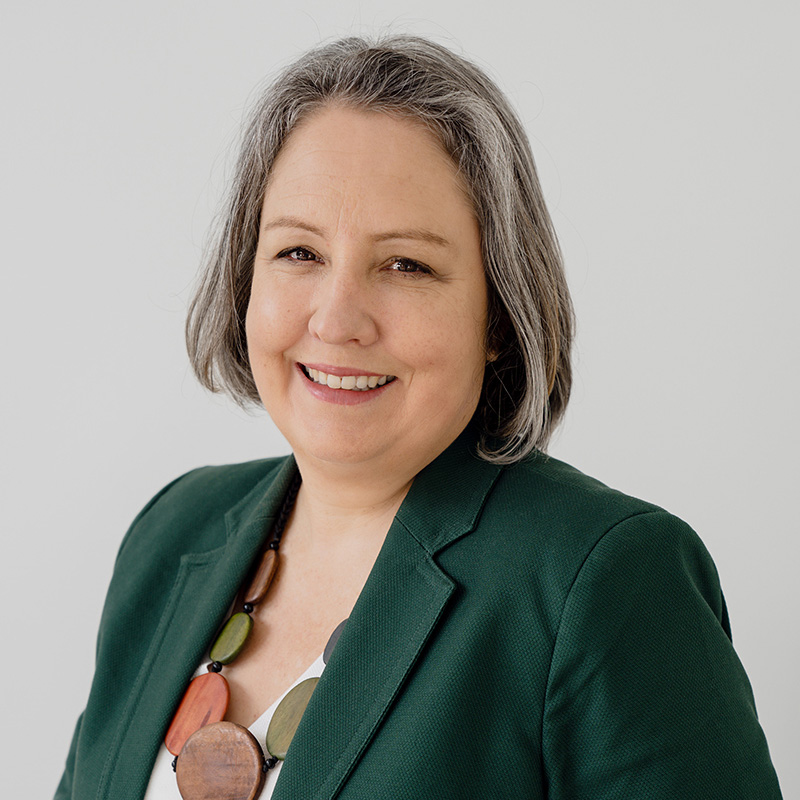I first encountered career planning when I worked at Diageo Australia. As part of the annual review process we were asked to share what sort of roles we were aiming to work at next and where we saw ourselves in the next 5 years or so. It was the start of career planning for me and, while this approach may be much more common place in larger organisations now, at the time, it was a leading edge approach to performance reviews and one I valued a great deal.
Why Career Planning is Important
Having a career plan is important as it can help you manage the direction you want your career to take, the job skills and knowledge you will need to develop, and how you can get them. Career Planning is not just a skill for people in the early stages of their career. In fact, career planning is just as important (if not more so, if personal fulfilment and reaching your full potential is a goal) as you move into your 30s and 40s are considering more senior roles or going out on your on to start a business. I have adapted the 5 step framework suggested on the Victorian Government’s Career Vic site to help you head in the right direction.
Step 1: Undertake some Self Assessment
Do you know who you are and what’s important to you? As we get older we can lose our sense of self. Our circumstances change, we may experience some trauma or unexpected turns in the road and some of us may become parents. These life events can change our perspective and priorities, so it’s good to take stock and undertake some self-assessment as the basis of your career planning efforts.
To assess your skills, knowledge and personal qualities, use these exercises:
- what are my skills?
- what are my job requirements?
- what are my short- and long-term goals?
One of the first workshops I ran was titled the ‘Who Am I? Workshop’, a 4 hour workshop that walked people through a series of powerful reflection exercises. This enabled the individuals who attended to invest time in re-learning what was important for them and how this translated to their professional and personal life. A key tool I used as part of this was an exercise adapted from Jack Collis’ book, Work Smarter, Not Harder.
Step 2: Develop a Criteria for your Next Role or Career Move
In this step you need to develop a criteria for your next career move. The most difficult, and potentially immobilising, part of developing a career plan is finding out what jobs are likely to suit you best. This is why I recommend you focus on developing a criteria for your next career move. The types of things to consider are your:
- financial objectives (I advise clients to never accept a decrease in salary unless they are gaining significant experience or making a strategic career change)
- technical and transferrable skills you would like to leverage
- environmental preferences (geographic location, size of organisation, interaction with people, indoors or outdoors)
- values and how this relates to where you work (e.g. types of organisations you would or wouldn’t want to work for)
Developing this criteria will then help you better evaluate potential job opportunities you discover through your networks on LinkedIn or advertised roles on popular Australian job search sites such as SEEK Executive ($150K plus jobs), Ethical Jobs and Senior Appointments for the Victorian Government.
Step 3: Decide your Career Goals
This step involves making some decisions after reflecting on the information you have gathered. If you are yet to decide on your career goals, or you want to revise them, start by considering your career goals for the next two years.
- What do you want to be doing in two year’s time?
- What about five and ten year’s time?
This kind of thinking helps break down big picture career strategy and planning into manageable pieces. Clearly defined, short statements that reflect your goals will help you have a clear action plan to work towards and build the foundation of your career plan. You can then become more specific which will make your implementation plan easier.
For example:
I want to lead an NGO, in the metropolitan Melbourne area, with a team of at least 25 people.
Step 4: Take Action & Implement Your Career Plan
Now you have decided on your goals, this next step is to develop an action plan to help you put your career plan into action. If you have more than one idea in mind and are still in the early career planning or career change stage, then bear in mind it is unlikely you will realise all of these goals. These goals can act as a menu of options for you to consider, explore further through networking conversations and then re-assess in terms of their viability for your future career move. Over time and as you do your research and have conversations with contacts in the industries you are researching you will probably find yourself gradually becoming clearer about what you want to do, and the goals you are capable of fulfilling.
While planning will increase the likelihood of success it is important to remain flexible and open-minded. You might have a couple of choices that interest you so take opportunities to prepare for both.
Career Planning Checklist
As you progress through these career planning steps, your ideas might become more specific. As a starting point, here are some useful questions to ask yourself:
- Do you need additional job skills, experience or information?
- What areas of yourself will you need to develop?
- Do you need to develop a wider network or links with specific people?
- Is there a course you need to do (perhaps to gain specific qualifications or skills)?
- Do you need to find ways to demonstrate your skills and knowledge so you can provide evidence of what you can do?
- What actions do you need to take to realise your career goals?
- Do you need to find out more about what would be required to achieve your career goals?
- Do you need to find out more about what is available? If so, how will you do this?
- What kind of work experience would be helpful to you?
- What new job skills or knowledge will you need?
- Do you need to demonstrate you have job skills in particular areas?
- Are there contacts you can make, or relationships you can develop, that might help you?
- Are there any changes you could make to the way you deal with people or work situations that might increase your likelihood of achieving your goals? How will you start to do this?
- Who can you discuss your goals with? When will you do this?
- Are you clear about the type of work you would like to do? How can you clarify this further?
- Do you have a supportive network? Do you believe you are recognised as able to contribute information to this network? If not, what could you do about this?
- Do you have a mentor with whom you can discuss both the technical content and the intangibles of your job? If not, have you thought about finding a mentor? Is there someone in your workplace or elsewhere you could approach?
- Do you need to make some radical changes to your present direction? What are the first steps to achieving this change in direction and how will you take these steps?
- Do you think you will need to undertake further study? What steps could you take to do this?
- Do you feel in charge of your own career direction? If not, how can you gain more confidence and take charge?
When preparing your career strategy action plan, include WHAT you will do and HOW you will do it. Make a list of people whose help you will seek and draw up a time plan of WHEN you will do each action. The timeframe should be at least 12 months, however, a longer period may be appropriate.
Step 5: Review and adjust your Career Plan
Career planning is a great way to seek greater job (and life) satisfaction and live the life you imagined for yourself. By this point in your career you will have experienced the reality that ‘there’s nothing more certain than change’ and so by developing a stronger and clearer career plan, you will be better placed to respond to life’s unexpected changes. I recommend you view your plan as a guide and allow space for adjustments and changes to your approach.
Trust yourself, believe in yourself, seek counsel from those around you and draw on your experiences at work to help you achieve your goals. You will generally find it helpful to revisit your plan each year. Revisiting your plan will help to reinforce and clarify your values, purpose and thinking, and is a very helpful way for your to decide if you need to change your career direction, seek help or advice or put more effort into achieving your goals.
Here are the 3 free resources to help your next career move:
1. Watch this free online training via Think Bespoke’s YouTube channel and learn How to Tell Your Unique Career Story on LinkedIn.
2. Build momentum with my Career Action Plan Ebook. Sign up to receive my e-insights and receive a free copy of myCareer Action Plan Ebook.
3. Browse Think Bespoke’s Knowledge Base of free articles about Career Management and your LinkedIn Profile.


